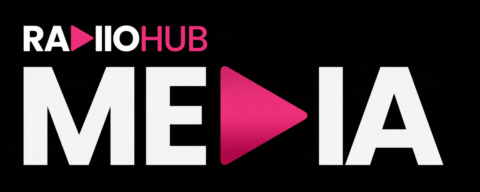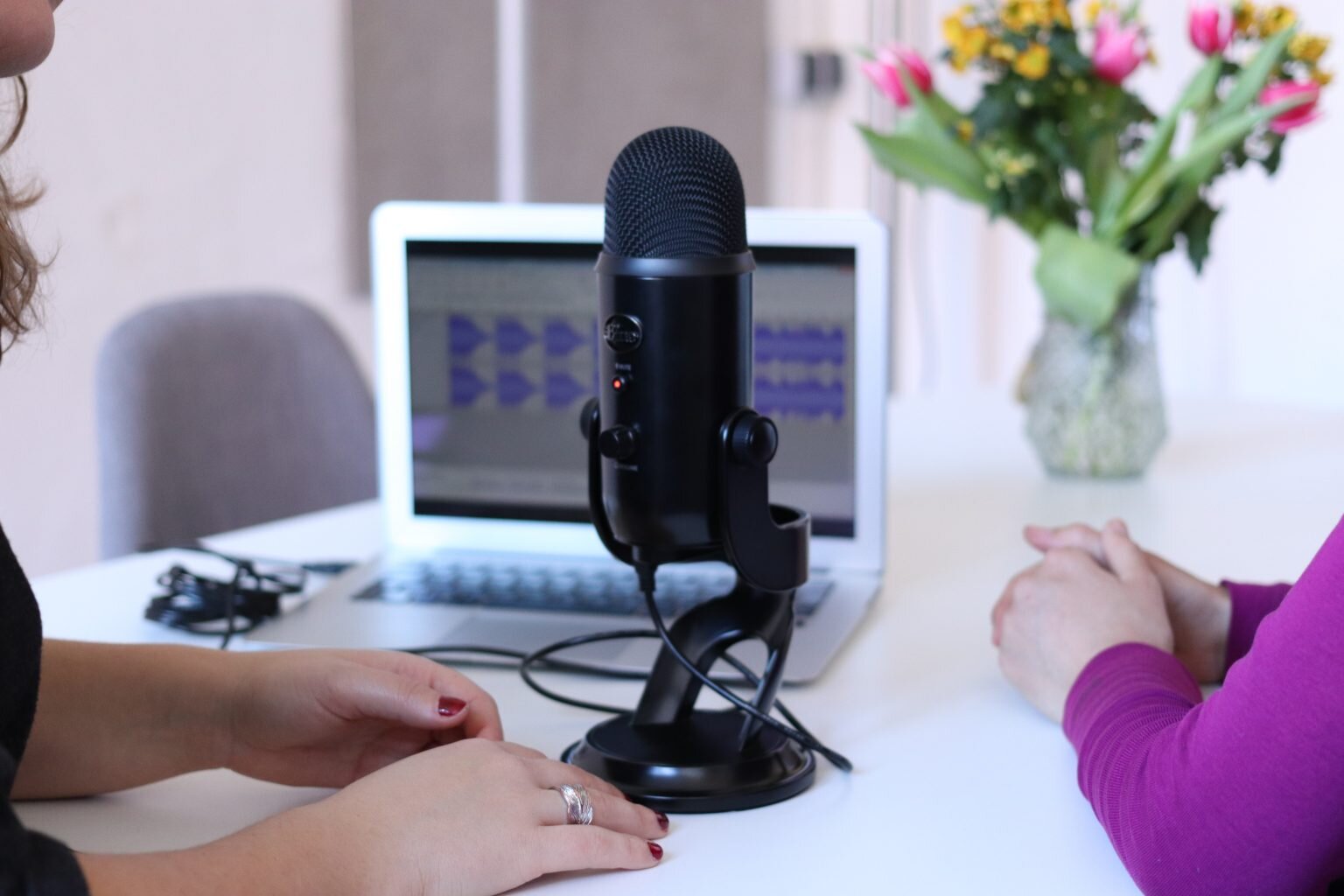The Psychology of Podcast Interviews
One of the most effective, entertaining and informative formats in podcasting is the interview. Each episode in this format has the potential to showcase rich discussions, meaningful conversations and spontaneous exchanges.If you use interviews as a format in your podcast series, then using the best interview techniques will make your episodes even better. Here are some concepts, based on the psychology of interviews, that can be applied in the recording studio. Use these simple tips when carrying out your next interview.
Leading vs. Neutral
Leading questions are those that prompt or direct your guests to an answer that is already implied in the question itself. Avoid leading questions as this only limits your guest’s responses and prevents them from using their own words. Listeners may also feel that you are steering instead of facilitating the conversation.
Example:
Leading:
You must feel pressured, tired or stressed every day running your business, do you agree?
Neutral:
How do you feel about running your business every day?
Not all Closed Questions are Wrong
Asking your guest a question that is grammatically closed but at the same time allows you to explore the initial response - which is a conceptually open question - is a great question for an interview. Frame your questions so that it allows you to open the discussion for follow up questions and more elaboration.
Example:
Host: Should our listeners buy Bitcon now or later?
Guest: Later.
Host: Tell us why.
Body Language, Pacing and Intonation
Encourage your guests to express their thoughts or ideas by showing them you understand and are paying attention to the conversation. Body language plays an important role in keeping the flow of conversation going.
Example:
Nod your head or use short vocalisations to show agreement or affirm your understandingMaintain a sitting or standing posture that is openPace yourself to allocate your recording time on important discussion pointsUse pitch and inflection so your guest and listeners can differentiate a question, affirmation or an emphasised statement
Asking for those not in the Studio
Keep your listeners in mind, especially when your guest is using technical language, slang or any other type of specialised phrases or language. Add value to the conversation when you explain these ideas or ask your guest to explain further with clarifying questions.
Example:For our listeners out there, this means...To those who may be unfamiliar with this term...Just before we continue, can you explain...
Learn more best practice interview tips to use in your podcasts at RadioHub.





